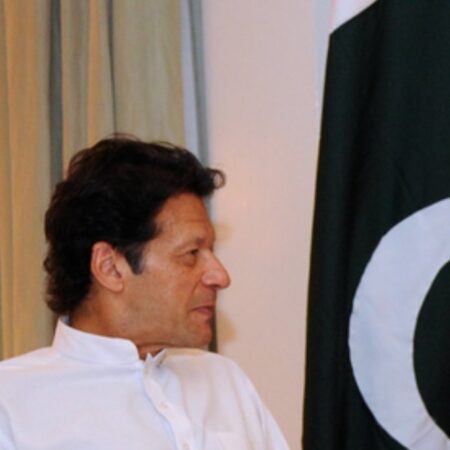According to data released on Monday by Ookla’s Speedtest Global Index, Pakistan’s mobile and broadband internet speeds in October were among the lowest 12% in the world.
According to the rating, Pakistan’s mobile internet speed was 100 out of 111, while its broadband speed was 141 out of 158.
Users nationwide have been dealing with slow speeds, trouble downloading material on WhatsApp, and sporadic connectivity problems for the past few months.
Reports of restricted access to virtual private networks (VPNs), which many Pakistanis use to access X and other forbidden websites, were combined with the nation’s frequent internet outages.
The World Population Review reported that Pakistan’s mean download speed was 7.85 MBPS, with the median mobile and broadband download speeds being 19.59 MBPS and 15.52 MBPS, respectively, based on data from Ookla’s Speedtest Global Index and Cable.
In May 2023, research on Pakistan’s digital landscape and human rights found that the country has one of the world’s worst internet speeds.
The firewall
In August, the nation’s IT minister made it clear that the government was really updating its “web management system” to address cyber security risks, following months of conjecture regarding the installation of a purported “firewall” that might be causing internet outages.
Shaza Fatima Khawaja, the Minister of State for Information Technology and Telecommunication, responded that the firewall issue had been “blown out of proportion” when questioned about it.
It has been a web-management system run by the government. Now, the system is being updated.
Authorities in Pakistan were urged by Amnesty International to be more open about the use of monitoring and surveillance technologies as well as the statewide internet slowdown.
In a statement, the rights group expressed anxiety over the Pakistani government’s opacity in using monitoring and surveillance technology that restrict content, slow down, and regulate internet connections.
However, the administration has refuted these allegations on numerous occasions. “There is nothing controversial about a country working on its cyber security,” Khawaja said, adding that various cyber security measures are employed globally.
She added that it was becoming more challenging to identify terrorist activity in Pakistan because the country was subject to “millions of cyberattacks” every day.
VPN availability
The interior ministry requested a ban on unrestricted VPN use last month, claiming that terrorists use them to “access pornographic and blasphemous content” and “facilitate violent activities.”
In a letter to the Pakistan Telecommunication Authority (PTA), the ministry stated that terrorists are increasingly using VPNs to enable financial transactions and violent acts in Pakistan.
Citizens were advised to register VPNs by November 30th, after which unregistered connections will be disabled. The PTA has repeatedly denied limiting access to VPNs, claiming that disruptions were due to a technical issue.
Dawn was informed earlier in December by interior ministry sources that the ministry had dropped their request due to a lack of legal justification.
According to the sources, “there was a problem with the way the Prevention of Electronic Crimes Act (PECA) 2016 clauses were interpreted, and it was eventually observed that the interior ministry’s interpretation of this was weak, and the courts would allow the functioning of the VPNs.”












No Comment! Be the first one.